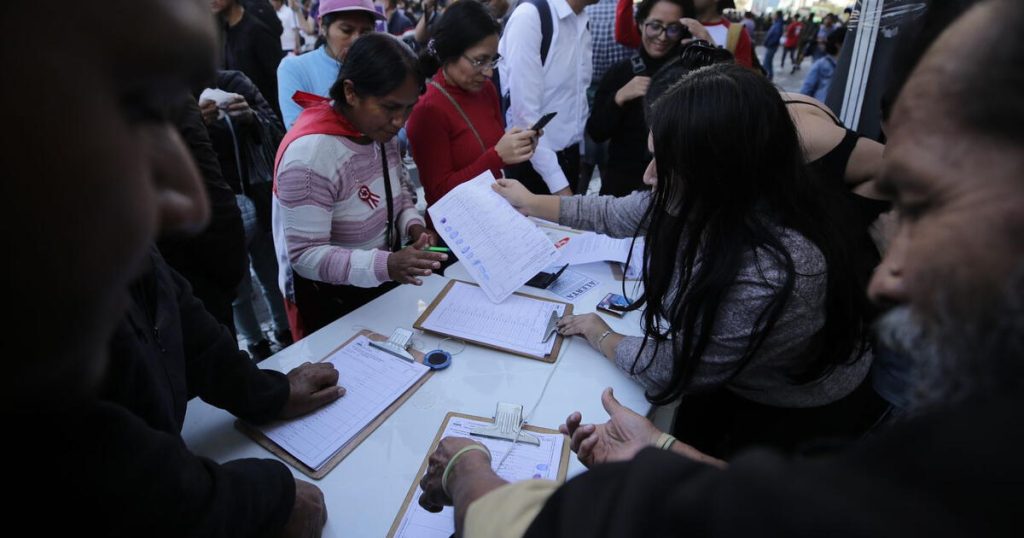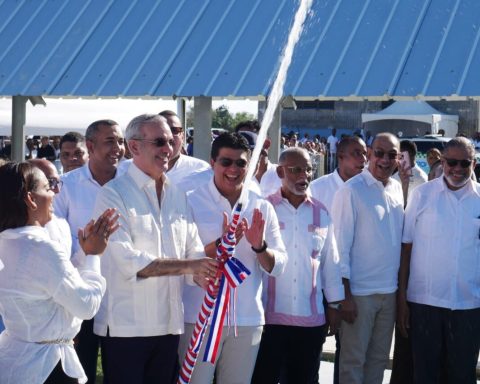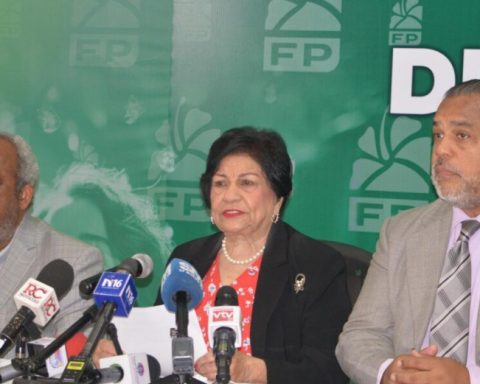Fabiola Martinez
The newspaper La Jornada
Sunday, August 4, 2024, p. 6
The National Electoral Institute (INE) not only organizes elections, but also collaborates with different entities for the identification of millions of people, as is the case with banking services, and also provides information to the public prosecutor’s offices, for example, to analyze the fingerprints of corpses and compare them with the biometric data contained in the electoral register.
The registry is the largest personal database in the country, with information on 99.1 million adults, of whom 51.9 million are women, 47.6 million are men, and 164 have requested registration as non-binary persons.
Likewise, 97.6 million were registered in national territory and 1.5 million abroad, the majority of whom were migrants from Michoacán, Jalisco, Mexico City, Guanajuato and Guerrero.
From 2016 to July 16 of this year, the INE received 78,523 requests for information on missing and unlocated persons, and has confirmed at least one piece of information in 25,271 of them. However, although in 11,242 cases there was a ratification ruling, the INE does not know if the authorities were able to locate a family member who could attest to the finding, whether in a forensic center, hospital or assistance center.
Social use
In that same period, the agency has provided data to locate 152,181 missing persons, which confirms the high social status granted to the use of its registration instruments
.
Since 2016, the INE has signed 31 agreements, mainly with prosecutors, but also with human rights groups and search commissions. Five are in process with the governments of Nayarit, Durango, Guerrero, Yucatán and Veracruz.
INE data is verified by fingerprint experts and only if the match of the 10 fingerprints is confirmed is this information shared to identify the person, but also to have the death certificate to cancel the corresponding registry, as part of the purification of this important instrument.
In addition, the INE created an application (Valida INE-QR) so that citizens have their voter ID data at hand and/or a third party can validate it.
















